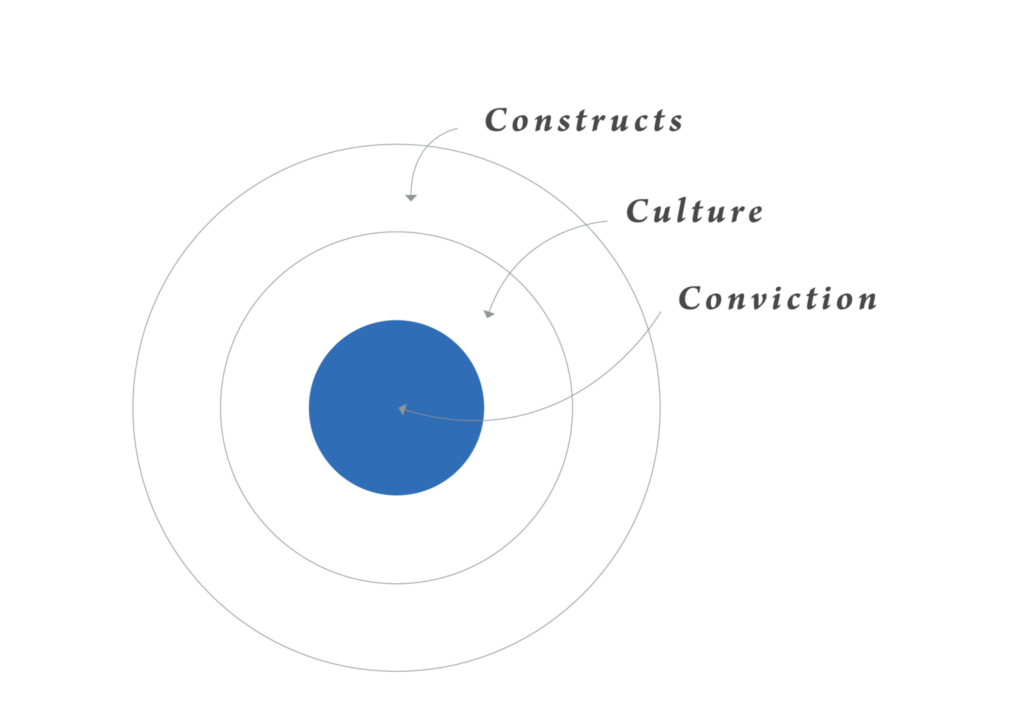According to Dave Ulrich’s research and experience, there are five indispensable functions of leadership: personal proficiency, strategist, executor, talent manager, and human capital developer. A human capital developer is someone who develops people for the future. What does it take to have a team, a ministry, or an organization that consistently develops and deploys leaders? My good friend Kevin Peck and I developed this framework when we wrote the book Designed to Lead.

What I Like About This Framework
I remember a back porch, late-night conversation with Kevin as we took our families to the lake for a week. We were talking about the research that says “70% of leadership is transferable from one field to another” and the implications of that for the Church. If leadership is transferable, then when we develop leaders in the Church, we are not only developing them for the Church, but to serve the world. As leaders developed in the Church are deployed in all spheres of life and society, we are sending people out as salt and light. So, the framework was developed with the belief that the Church must develop and deploy people to bless the world.
How to Use This Framework
For a ministry or marketplace organization to consistently develop leaders, there must be a shared conviction, a culture that values developing leaders, and constructs that practically foster leadership development. Use the framework to help you think about and evaluate all three.
- Conviction: Moses clearly had a conviction to develop others as we see a rhythm in the Scripture of Moses pouring into Joshua. When Moses died, Joshua was ready to lead. We don’t see that same conviction in Joshua, and when he died, the stories of God’s grace and power were not handed to the next generation. If there is not a conviction to develop leaders, then all the tools and pipelines and frameworks will be passed out in vain.
- Culture: When Jethro confronted Moses for his unwise leadership, leadership that attempted to do all the work himself without developing others, Jethro challenged Moses to delegate responsibility and authority to others. Yet in the midst of a challenge about the importance of delegation Jethro emphasized that there were several things Moses must not delegate. Moses was to still teach the people their identity and remind them of their mission (Exodus 18:20) while also ensuring leaders with character were in place (Exodus 18:21). All three are important in a leadership development culture: a clear sense of identity, a mission to develop others, and integrity within those who are leading.
- Constructs: Jethro drew out an org chart for Moses, a tool that would help the leaders ensure the needs of the people were met. One tool for developing leaders is a leadership pipeline—which basically clarifies what people will learn and experience at different phases in their leadership.
How This Framework Has Helped Me
The framework continually reminds me to focus on conviction, culture, and constructs. If I sense people looking with apathy at a leadership development plan, I assume we have stopped (I have stopped) teaching the holy conviction beneath the plans. If I sense that people have a conviction but don’t see how development could happen, I assume we have not reminded people frequently enough of our leadership pipeline.






